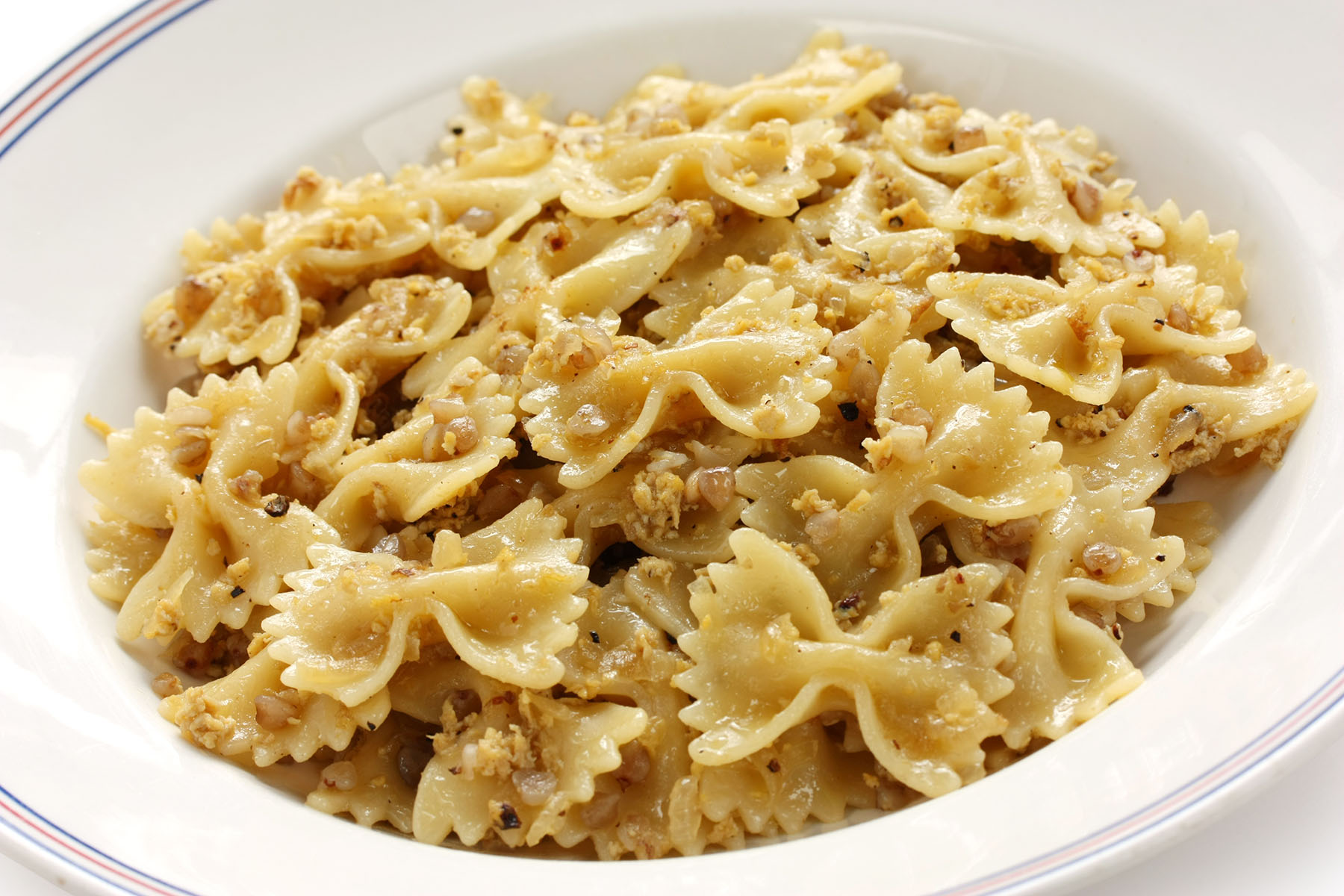Stay Home, Eat Healthy — Tips for Cancer Patients

Staying at home and preparing all of your meals is a challenge for many of us right now. But, if you’re also fighting cancer, this can be a particularly difficult time.
At Sylvester Comprehensive Cancer Center registered dietitians advise cancer patients on their food choices. Vitamins and minerals can impact patients’ immune systems, energy levels, and weight management during treatment. Sylvester patients can discuss their dietary concerns with the center’s team of registered dietitians by making a Telehealth appointment by calling Cancer Support Services at (305) 243-4129. Sylvester dietitians are also sharing Zoom video conferencing sessions discussing mindful eating and nutrition questions and answers.
Today, Sylvester’s Clinical Nutrition Manager Lesley Klein, M.S., RD, LD/N, shares some nutrition tips and guidance for cancer patients and their partners and families staying home during the COVID-19 quarantine.
The better your diet, the stronger your immune system.
When my patients are going through cancer treatment, I emphasize two things: consuming enough calories to maintain a healthy weight and getting good sources of protein to help build and repair worn- down tissue.
When your appetite is poor, look for foods that give you more bang for your buck. Trail mix is a high-calorie, protein-rich snack. Adding peanut butter to chocolate-banana smoothies can add extra calories and protein, as well. If you have difficulty eating, you can add protein powders (available in flavored and unflavored varieties) to shakes/smoothies, cereal, and soups.
You can add more lean protein to your diet with animal products like chicken, fish, eggs, and dairy. But, you can also get plenty of protein from plant-based foods, including beans, lentils, nuts, hummus, and seeds. You can also try non-dairy milks made from pea protein, oats, hemp, soy, and various nuts. Plant proteins can help reduce inflammation, which is a common component of chronic conditions like cancer, diabetes, heart disease, and obesity.
Vitamin C can help boost your immune system. I always recommend that my patients eat vitamin-rich foods instead of taking supplements. This is especially the case with vitamin C because large doses of antioxidants (like vitamin C) can potentially make cancer treatments less effective. Instead, I recommend patients enjoy a reasonable amount of whole foods rich in vitamin C. These include citrus fruits, red and yellow bell peppers, strawberries, guava, broccoli, cantaloupe, kale, kiwi, papaya, and tomatoes.
I never tell patients to avoid whole foods, unless there’s a potentially dangerous or unwanted food-drug interaction. However, I encourage everyone to make better food choices more often. This includes avoiding highly processed, packaged foods that contain added sugars, bleached flour, and chemicals and preservatives. When it comes to making healthier choices more often, if I say you should never eat ice cream, you’ll want it every night. But, if I tell you ice cream is okay once a week, that’s six times better for you.
Add variety to your diet
If you’re tired of eating the same meals, try something different. Have you tried ancient grains like quinoa, spelt, farro, and buckwheat? You prepare them like rice, but they offer more protein and different flavors and textures.
Cook ancient grains in low-sodium broth with garlic, onion, tomatoes, and peppers to add more depth of flavor. Mix the grains with beans, and you have a side dish with nearly 13 grams of protein. You can also add cooked ancient grains to soups like split pea, vegetable, mushroom, and lentil. If you like to bake, try using spelt flour instead of all-purpose white flour.
One of my favorite family recipes is called kasha varnishkes. In a covered pot, cook ¾ cup buckwheat in 1 ½ cups of boiling water until the buckwheat is soft and fluffy. Sautee the onions in olive oil. Boil some bowtie pasta until tender. Then mix together the pasta, onions, and buckwheat, and flavor with salt and pepper for a satisfying dish.
How to safely handle your groceries and deliveries
With the current pandemic, there are concerns about picking up COVID-19 from infected cough/sneeze droplets left on grocery store items, hand-delivered food/groceries, and take-out from local restaurants. Here are some simple tips to limit your exposure when bringing food and goods into your home from grocery stores and deliveries.
- When shopping, use a sanitizing wipe on your hands and the shopping cart before and after you shop.
- At the register, use a credit card, so you don’t have to interact with the cashier’s hands directly.
- At home, dispose of plastic shopping bags, delivery boxes, and other packaging materials. Then wash your hands.
- Wash all nonporous containers like glass, cans, and unopened plastic bags with soapy water or wipe thoroughly with disinfectant wipes before you put them away in the refrigerator and cabinets.
- Wash all fresh produce under running water, including items with a peel like bananas, oranges, and avocados. As a natural cleanser, you can spray produce with a mixture of half water, half white vinegar before rinsing.
- Sanitize countertops, handles (on doors, cabinets, sinks, and kitchen appliances), and any other surfaces you touched while unpacking, washing, and putting the groceries away.
- If prepared meals are being picked up or delivered to your home, avoid direct hand-offs if possible. Have groceries and other deliveries left at your door.
- Tip electronically when possible.
- Wash your hands before you eat or prepare food.
Cancer patients and those who prepare food for them should follow food safety guidelines. Due to your compromised immune system, it’s essential to avoid infection from dirty hands, undercooked foods, unwashed produce, unpasteurized foods, and unsanitary kitchen environments. To learn more, I recommend reading the U.S. Food and Drug Administration’s guide, Food Safety for People with Cancer.
Reduce your stress
What else can you do to support your immune system while you’re staying home and practicing social distancing? Getting enough sleep (6 to 8 hours each night) can lower the stress hormone cortisol, which suppresses immune function.
Also, moderate activity can eliminate toxins, reduce your stress, and improve your appetite. Take a walk in your neighborhood or follow an exercise or yoga video to help you manage the additional stress and anxiety you’re dealing with these days.

Expert Contributor
Lesley Klein, M.S., RD, LD/N
Registered dietitian and clinical oncology dietitian
Tags: cancer nutrition, coronavirus, COVID-19, Lesley Klein, oncology dietitian
